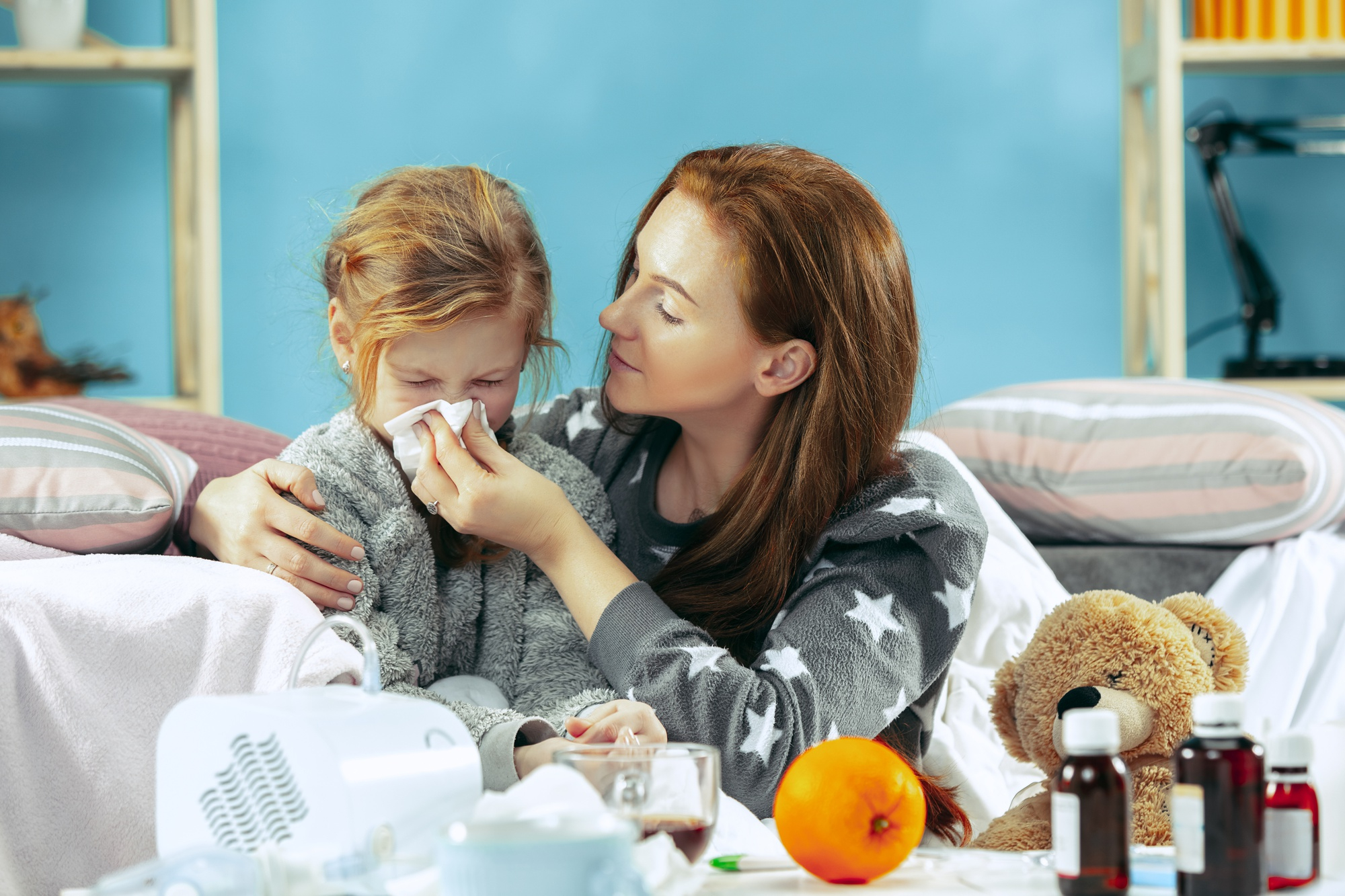
Hayfever is a common seasonal allergy that affects many people, but can babies get hayfever too? If you've noticed your little one sneezing, rubbing their eyes, or suffering from a runny nose during spring or summer, you might be wondering whether they're reacting to pollen.
In this guide, we'll break down everything you need to know about hayfever in babies, including symptoms, causes, and how to manage it.
While it's rare for newborns and infants under two years to develop hayfever, it's not impossible. Most experts suggest that babies need exposure to pollen over at least two allergy seasons before developing an allergic reaction. This means hayfever in children typically starts appearing around the age of 3-5 years.
If your baby is showing symptoms similar to hayfever, it's more likely due to a common cold, teething, or another allergy (such as a reaction to dust mites or pet dander). However, if you suspect seasonal allergies, it's best to monitor symptoms and speak to your GP.
Because babies can't tell us how they feel, it can be tricky to spot hayfever symptoms in babies. Here are some signs to look out for:
If these symptoms persist for weeks or appear at the same time each year, hayfever could be the cause.
Although there's no cure for hayfever, there are plenty of ways to manage it and reduce symptoms.
For children over 12 months, some hayfever medicines for kids may be suitable. However, always check with your GP or pharmacist before giving any medication.
Some common options include:
For younger babies, a doctor may advise alternative treatments.
Visit our Private GP Services for expert advice on allergies and treatment options.
If your baby is struggling to breathe, has swelling, or their symptoms are severe, seek medical help immediately. Also, consult a GP if:
You can book an appointment with one of our experienced GPs if you see hayfever symptoms.
Babies typically don't develop hayfever before the age of 2 because they need repeated exposure to pollen. Symptoms appearing in younger babies are more likely due to a cold or another allergy. For more information on hayfever and allergies in babies and children, visit our hayfever and allergies guide.
A cold usually comes with a fever, thick nasal mucus and lasts only 1-2 weeks. Hayfever, on the other hand, causes clear nasal discharge, lasts for weeks or months, and worsens during pollen season.
Limiting pollen exposure is key—keep windows closed, wash clothes and bedding regularly, and avoid going outside on high pollen days.
Antihistamines are generally not recommended for children under 2 years. Always check with your GP before giving your baby any kids hayfever medicine.
Hayfever doesn't have a cure, but symptoms can be managed. Some children outgrow allergies, while others continue to experience symptoms into adulthood.
Can babies have hayfever? While it's uncommon in very young infants, hayfever in children can develop as they grow. If your baby is showing signs of hayfever, reducing pollen exposure and using safe treatments can help ease their discomfort.
If symptoms persist, always seek advice from a GP or pharmacist to find the best treatment for your child.
For expert guidance and personalised care, explore our Private Allergy Testing Services to get a clear diagnosis and treatment plan.





